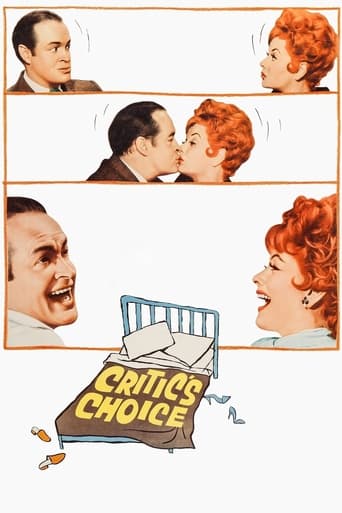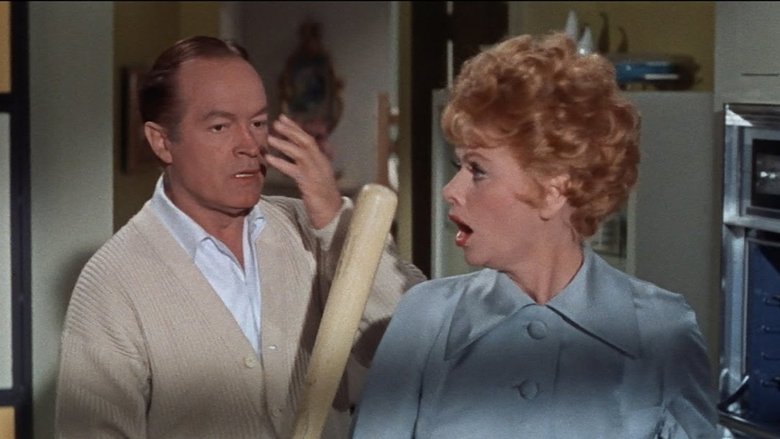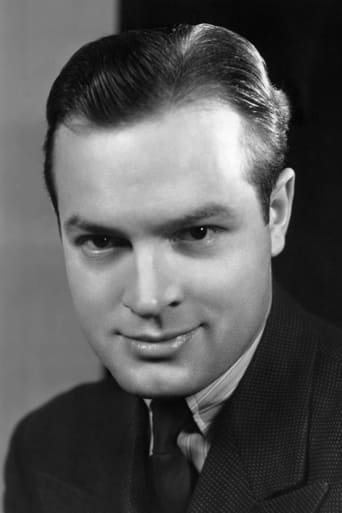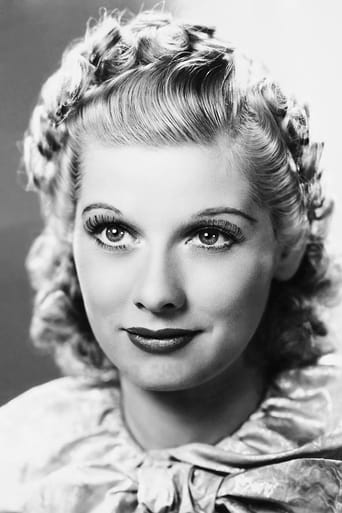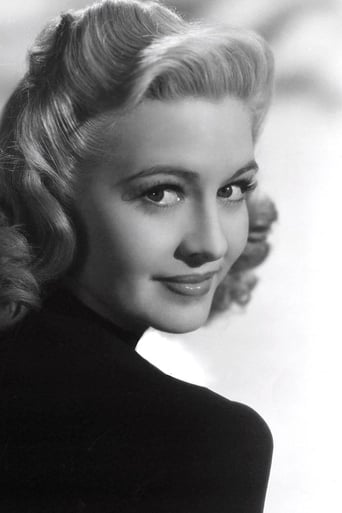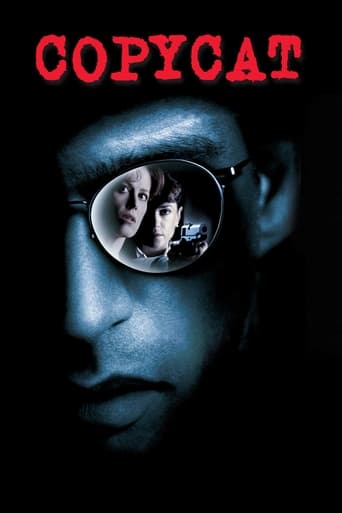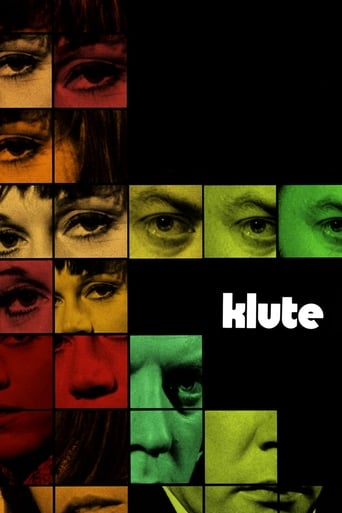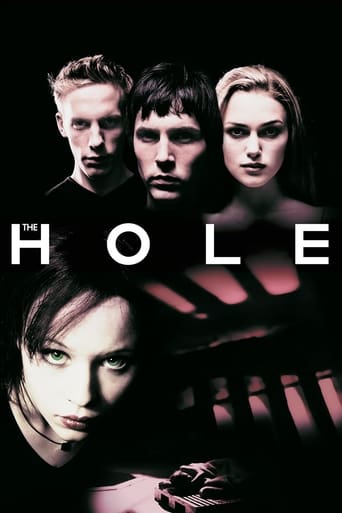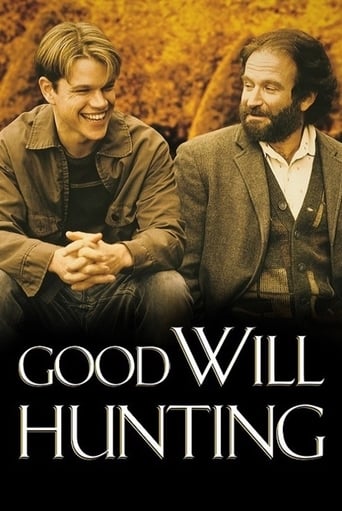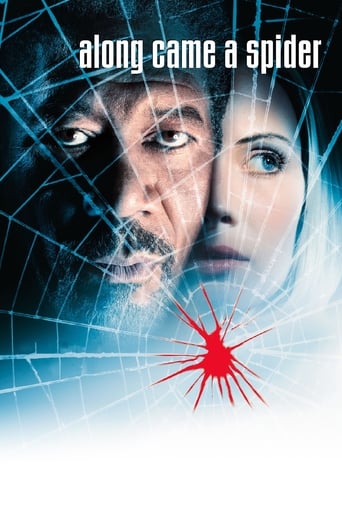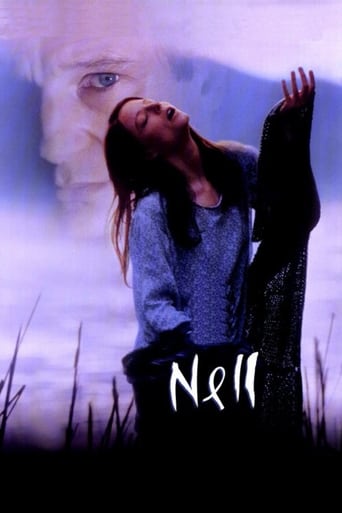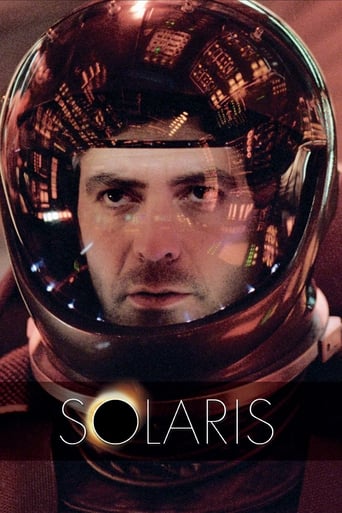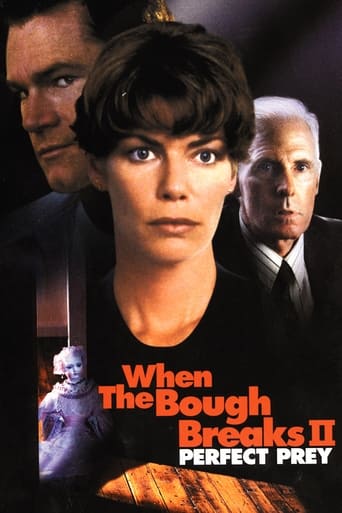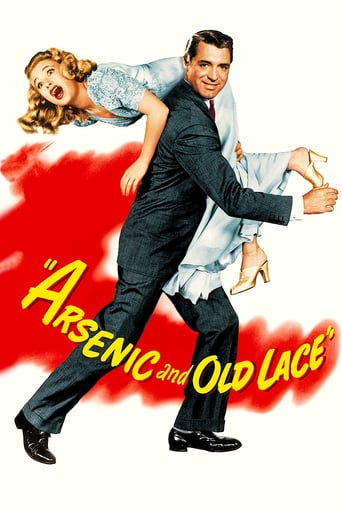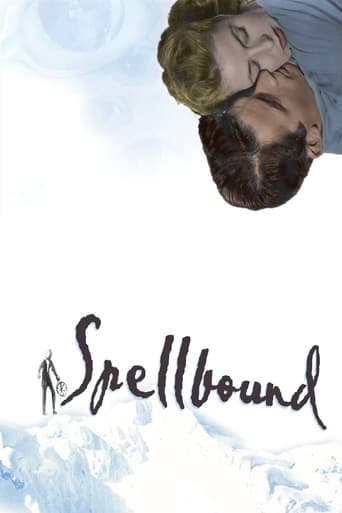Critic's Choice (1963)
Parker Ballantine is a New York theater critic and his wife writes a play that may or may not be very good. Now Parker must either get out of reviewing the play or cause the breakup of his marriage.
Watch Trailer
Cast


Similar titles
Reviews
Just what I expected
This is a must-see and one of the best documentaries - and films - of this year.
Very good movie overall, highly recommended. Most of the negative reviews don't have any merit and are all pollitically based. Give this movie a chance at least, and it might give you a different perspective.
One of the best movies of the year! Incredible from the beginning to the end.
On I love Lucy, Ricky wouldn't let Lucy be in the show. In this film version of a fairly successful Broadway show, husband Bob Hope doesn't want wife Lucy to write for the stage. You see, he's that villain of the theater called the critic, an umpire with a pen instead of a mask, and equally able to tell the playwright, director and actors that they are out. The film opens with Hope and Ball at a Broadway opening where he gives the play thumbs down and criticizes leading lady Marilyn Maxwell who happens to be his first wife and the mother of their caustic son. When Lucy decides that she's going to become a playwright, hubby Hope offers her no hope by trying to talk her out of it, criticizing her play after its been optioned for Broadway. Hope gets a few good digs in at the profession of theater critic, appropriately obnoxious and seemingly eager to destroy the dreams of everybody who ever picked up a pen and wrote, 'A play by..."This doesn't just spoof the theatre, but takes a look at modern marriages where a woman desired a career and faced objections by her chauvinistic husband. Fine supporting parts played by Jessie Royce Landis as Lucy's mother, Rip Torn as her producer and Ricky Kessum as Hope's son, with smaller roles featuring Jim Backus, Richard Deacon and John Dehner. This is a pretty good adult comedy that doesn't fully reflect how Broadway works, but any film that pays tribute to the footlights of the theater deserves credit for honoring a medium it often betrayed.
Broadway theatre critic Bob Hope (as Parker Ballantine) is known for his stinging reviews of bad plays. When beautiful red-haired wife Lucille Ball (as Angela "Angie " Ballantine) decides to become a playwright, Mr. Hope decides he will be completely objective in reviewing her work. Hope doesn't like the first draft and refuses to help Ms. Ball during re-writes and run-throughs. Ball is encouraged by a producer's interest and works closely with younger director Rip Torn (as Dion Kapakos); a romance, or the potential for one, develops. Meanwhile, Hope is perused by still-interested first wife Marilyn Maxwell (as Ivy London)...With all the re-writes, it's odd nobody re-wrote "Critic's Choice"...Hope's character is unlikable, and he's not a competent reviewer; he walks out of the opening play, which the audience enjoys, and declares it bad. Hope writes a review of Ball's play even though he was too drunk to see anything. Hope should have helped Ball and excused himself from reviewing her play. The relationship between Ball and Mr. Torn is confusing. Little Ricky Kelman (as John) should have been Ball's son; in the original play, the character "Angela" was too old to have a 12-year-old son. By the way, young Kelman and older Jessie Royce Landis (as Charlotte "Charlie" Orr) do well in supporting the legendary co-stars.**** Critic's Choice (4/3/63) Don Weis ~ Bob Hope, Lucille Ball, Ricky Kelman, Rip Torn
Certainly not horrible considering the amount of junk Bob Hope appeared in during the 1960s. That said, it's no great shakes either. Hope is a NYC theater critic whose wife (Lucille Ball) decides to write a play. Hope, of course, is caught in a conundrum, unsure if he should support her endeavor or convince her to give up on it. It's only occasionally funny with Hope giving what amounts to an actual performance. Unfortunately, Ball is far too restrained and comes across as a bit dull. The supporting cast is pretty good, with Rip Torn as "Dion," the avant- garde stage director who takes on Ball's play (and provides a lot of fodder for the tart-tongued Hope). Jessie Royce Landis, Richard Deacon, Marie Windsor and Jim Backus are in it too. Marilyn Maxwell is funny as Hope's Broadway diva ex-wife. The unimaginative direction is by Don Weis.
I find the negative views of this film baffling. I saw it as a kid when it first opened, and have seen it many times since. It's one of my favorite Bob Hope films, and one of my favorite Lucille Ball films - primarily because both of these fine actors are given deeper roles than usual. The quips and comedic shenanigans are there, but rooted in realistic characters and credible motivations. Which only makes them funnier. This is a film that works as drama first, then finds the comedic possibilities.I also appreciate this as one of the very few good films *about* writing. The various phases that Lucy goes through in 'finding her muse' are true to life, and even somewhat inspiring. The reaction of others - especially critic-husband Hope's subtle jealousy - will be familiar to anyone who's ever tried to do creative work.But most of all, I love this film because it is often screamingly funny. Some of the dialog with Hope's ex-wife is very sharp. One of my favorite lines in any movie comes from Hope, after breaking the mainspring of his watch: "Symbolism. I cannot stand symbolism!" Hope spends almost the latter third of the film roaring drunk, delivering some of his best schtick. His scene in the theater balcony almost made me wet myself when I first saw it, and remains a classic slapstick moment. Again, all the funnier because it happens in such a believable context. (As Charlie Chaplin pointed out, when a clown takes a pratfall, it's not nearly as funny as when a pompous stuffed-shirt does it.)If you haven't seen this film, keep an eye out for it; you've got a real treat in store. And if you have seen it but haven't enjoyed it... No, I'm sorry: I have no advice for you. You're too far gone.

